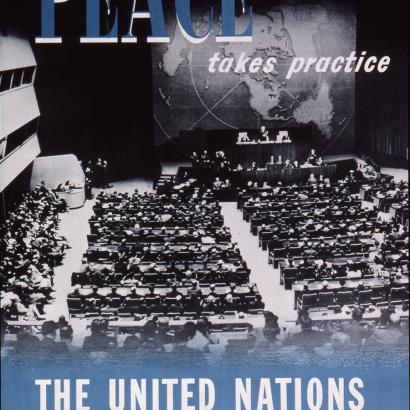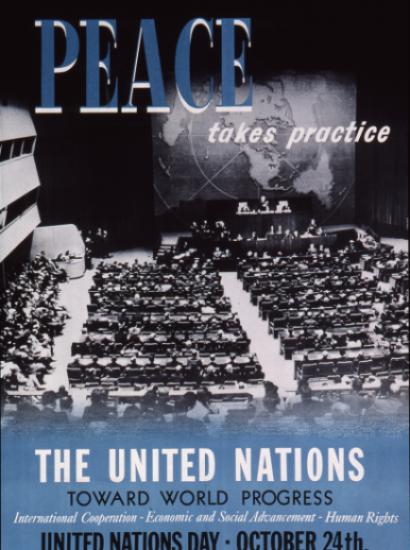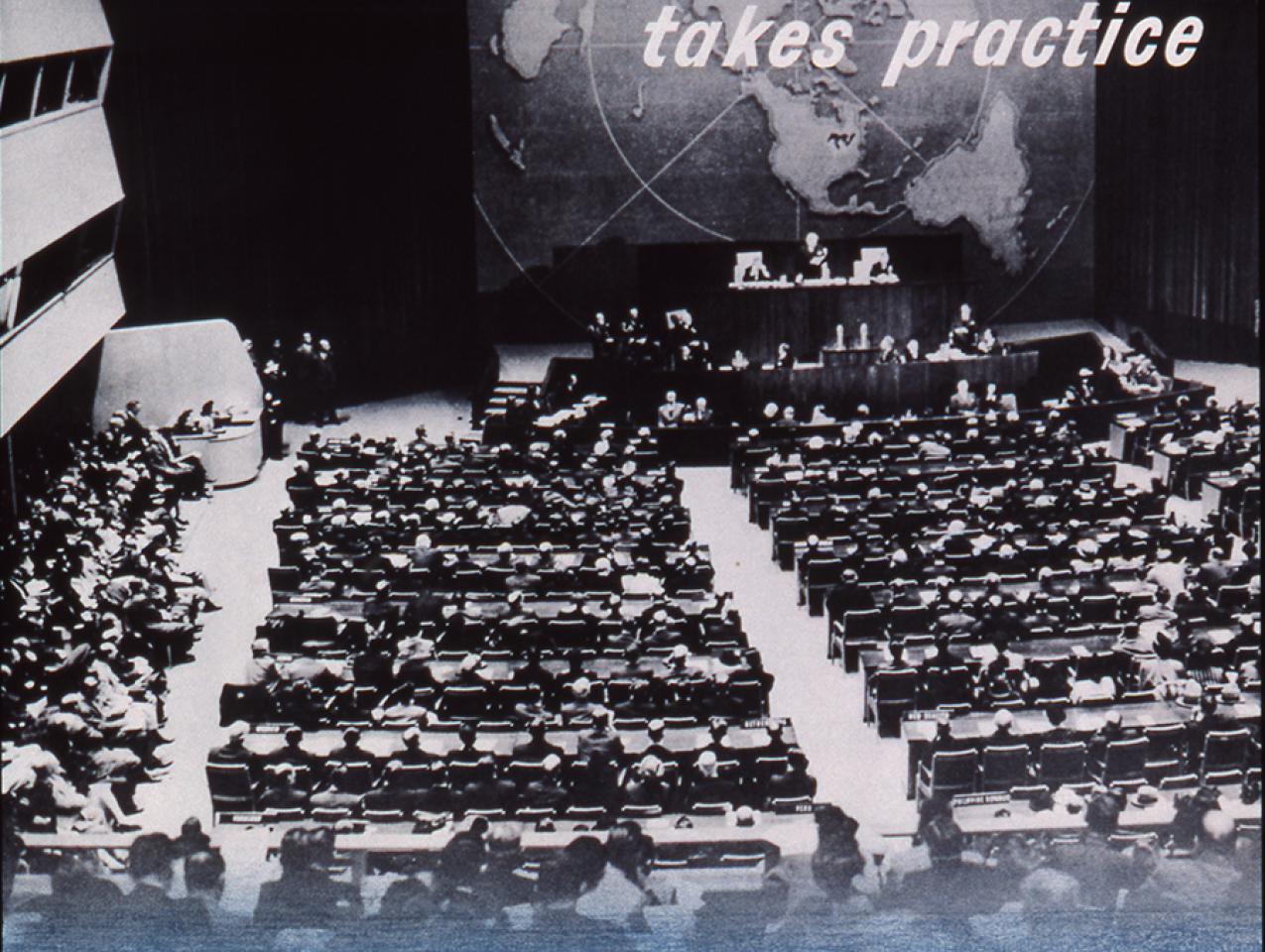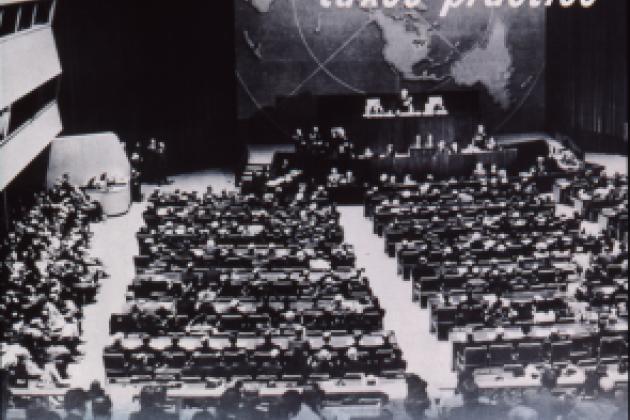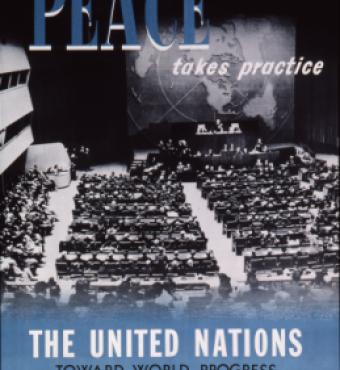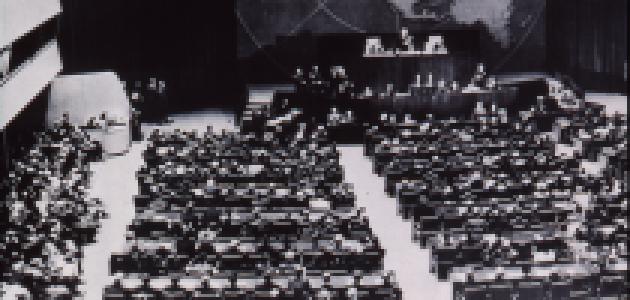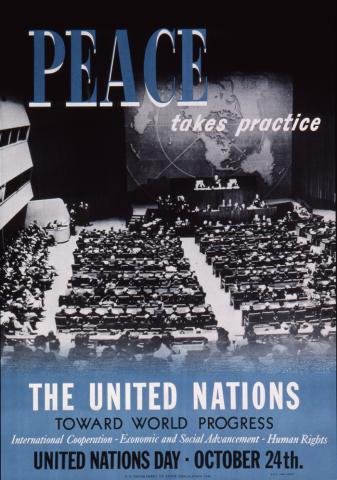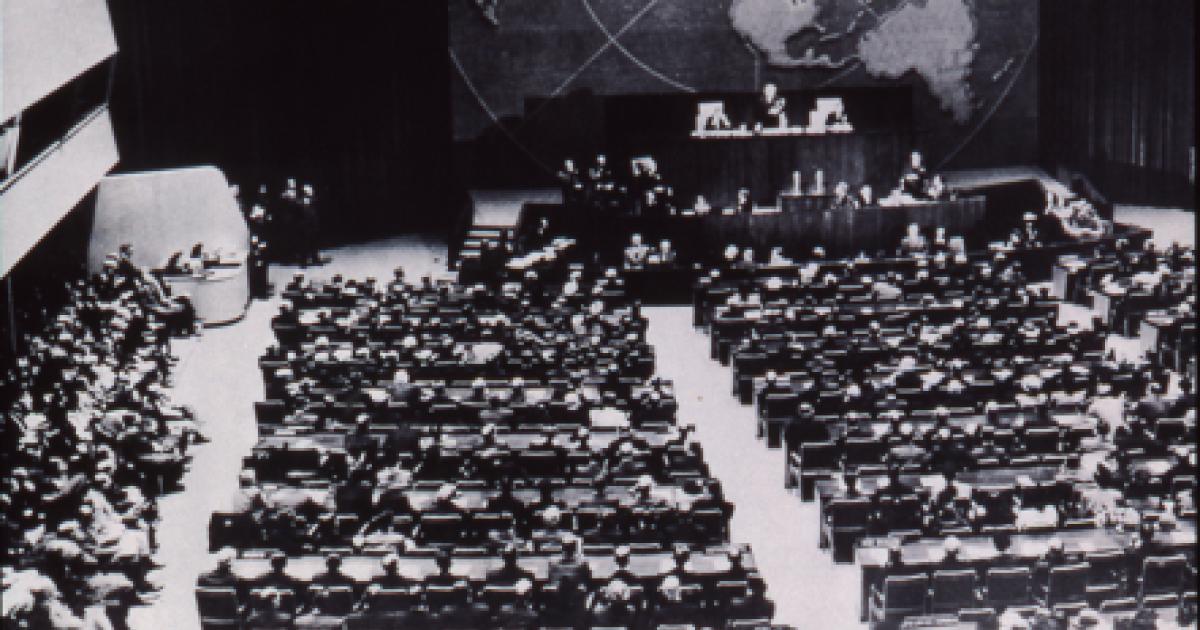- History
- Military
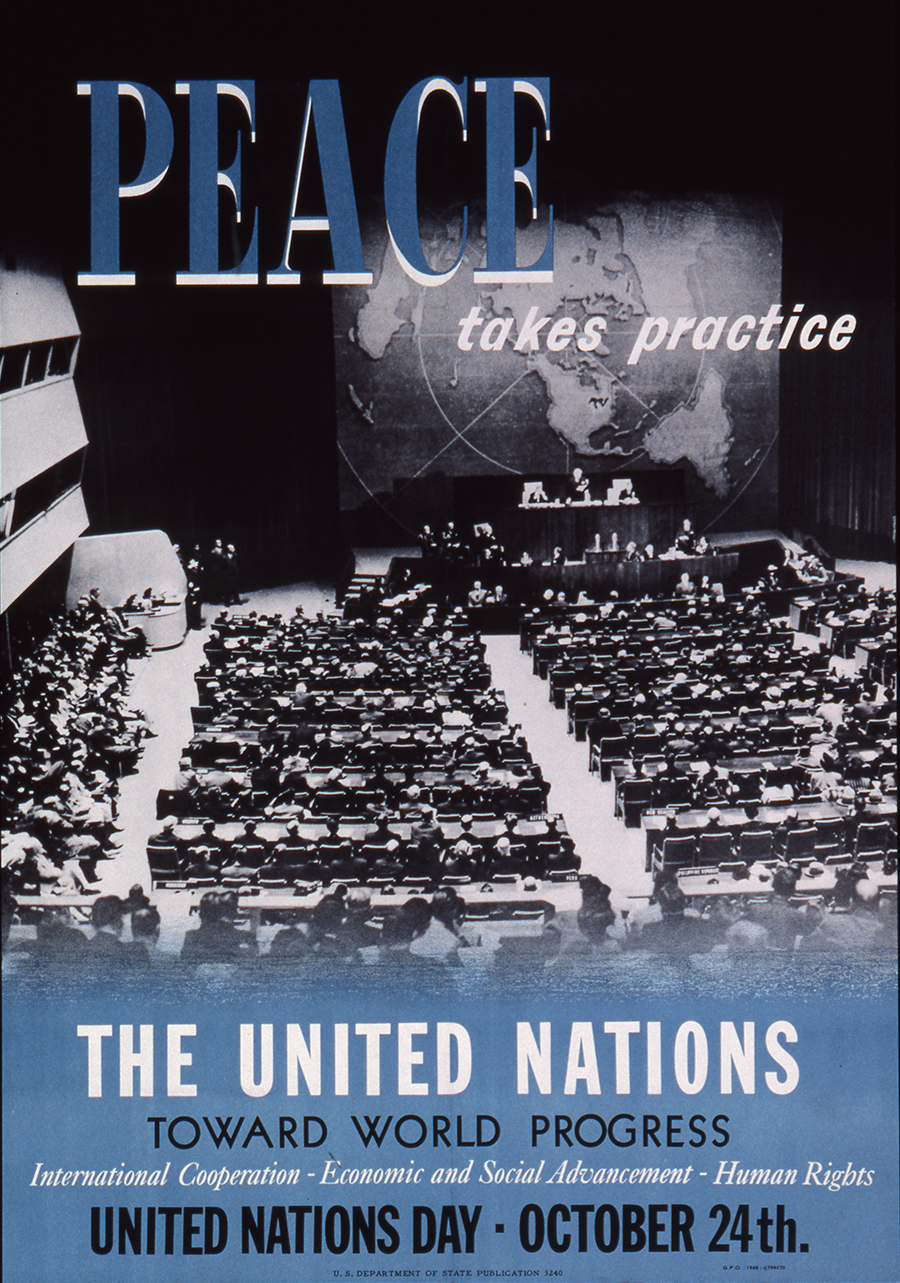
On October 24, 1648, the Holy Roman Empire, Sweden, Spain, France, several German principalities, etc. signed what became known as the Treaty of Westphalia, or the Peace of Westphalia, ending thirty years of war among European sovereigns, ostensibly about whether the Roman Catholic Church or the several reformed churches should be practiced or forbidden, but actually about the prerogatives of political sovereignty. Though the sovereigns continued to disagree about church matters, they agreed completely that their rule would be absolute in the places they controlled. This meant that they recognized neither any temporal power nor any moral or spiritual authority over them. And that in turn meant that, in their relations among themselves, they would respect each other’s sovereignty by not interfering in each other’s internal affairs. That is what made peace more likely than before.
But they also promised to be bound—or rather they promised that they would promise to bind themselves—only by such promises as they might make, explicitly, in writing. In short, by treaties. And, secondarily, by custom. The one and only operative principle being that “pacta sunt servanda.” Treaties are to be observed. That was international law. And it so remains, insofar as the principle of sovereignty is invoked and forcibly sustained. Overall, modern international law was a modest gain for peace.
On October 24, 1945, the United Nations Organization came into being when China, France, the Soviet Union, the United Kingdom, the United States, and a majority of other signatories thereto ratified its charter. Article One declares that it is “based on the principle of the sovereign equality of all its Members.” Thus, explicitly, the UN Charter reaffirms the fundamental principle of international law since 1648. And it seems to reaffirm the dictum pacta sunt servanda: “All members…shall fulfill in good faith the obligations assumed by them in accordance with the present Charter.” And the Charter also explicitly reaffirms (otherwise the U.S. Congress would not have ratified it) the right of every member to consider its obligations according to its internal rules. Superficially, the Charter changed nothing.
Except that the very idea of the UN supersedes sovereignty, as did the longstanding intentions of many of those who established it. The mixture of sovereignty, actual as well as formal, with expectations that sovereignty may be transcended in the interest of international harmony created an internally conflicted international law and infected international relations with pretense.
Westphalia recognized nations as separate and equal. But the name United Nations supposes that, somehow, for some purposes, the nations are not separate, that they are United, one rather than many, of one mind rather than diverse. The UN’s organs—the General Assembly, the Security Council, the Secretariat, and the Agencies—are, by their very existence, at the very least, counterweights to contractual relations between juridically equal nations. For many of these, they are the means, or at least templates, for transcending international law based on treaties, with international law based on high supranational authority administered by supranational bureaucracies.
Westphalian international law still operates fully (or almost) with regard to contracts between private parties from different sovereignties. The parties are subject to the sovereign processes of the country where the activities take place. There is no question but that they must rely on their home sovereigns for succor in disputes.
Sovereignty also operates fully in relations between governments on matters of sovereign interest—though that fullness is sometimes masked by ritual obeisance to the UN. Also, in practice, parties to disputes use the expectation of ritual obeisance to bring pressure on the other side to sustain their side of the quarrel. Such pressures have effect by energizing internal opposition within the other side. In short, the pretense of international authority becomes a means of interfering in a rival’s sovereign deliberations. That is, pretense becomes the negation of Westphalian international law, and an instrument of conflict rather than of peace.
Sovereignty is most routinely abridged in international law’s intermediate level—international administrative processes. Stewardship of matters such as international air travel, control of epidemics, and humanitarian relief of refugees were once supposed to be merely technically necessary to all nations’ ordinary functions. But, under the UN, the growth of the agencies of administrative international law has given governments so minded the opportunity to capture and use them for purposes of conflict.
Hence we conclude that October 24 should remind us of how international law based on equal sovereignty managed, albeit very imperfectly, to foster peace beginning in 1648 and how, since October 24, 1945, the adulteration of that principle has been turning international law into an instrument of conflict.







